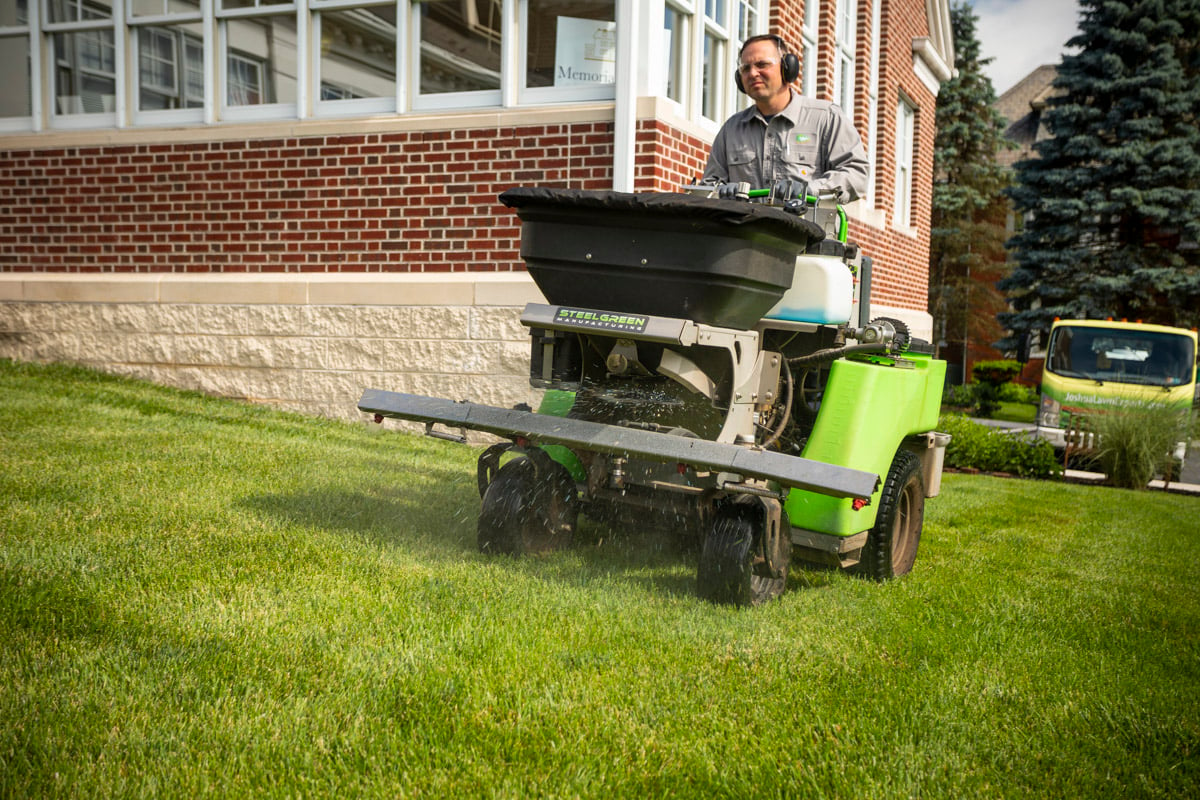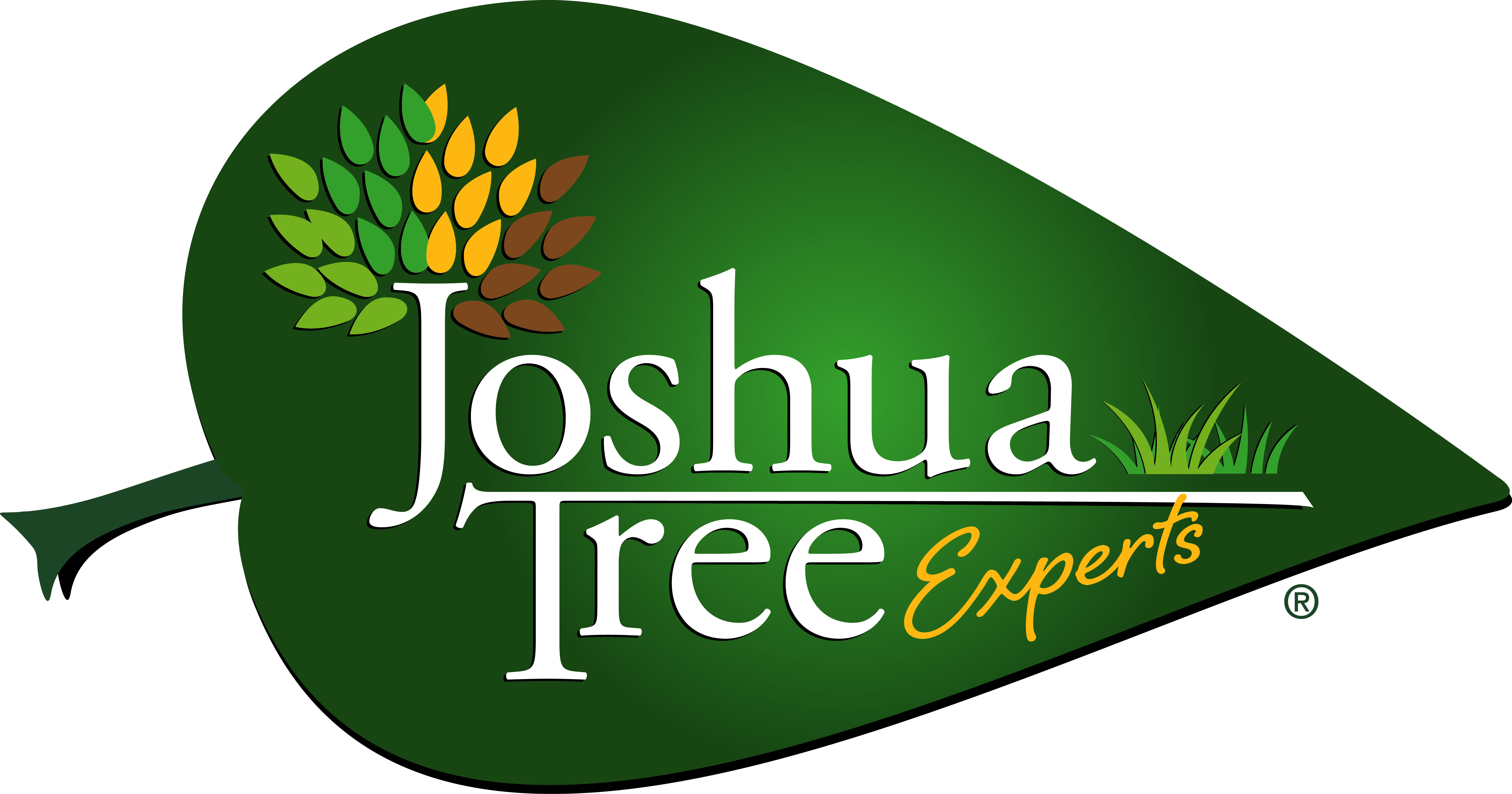As a homeowner that cares about your lawn, you might have questions about lawn fertilizer. But understanding more about the types of lawn fertilizer is an ever-evolving subject. With research on lawn care continually being performed, there has been ongoing new information being produced.
The truth is, unless you’re an organic chemist, it can all be a bit confusing. Even so, understanding a bit more about what kind of lawn fertilizer to use on your lawn can make a big difference in the results. Understanding organic vs. synthetic fertilizer and granular vs. liquid fertilizer is a step in the right direction.
What is Lawn Fertilizer?
Before we get into greater detail explaining the types of lawn fertilizer, let’s start off with what it is. The main active ingredients in fertilizer are phosphorus, nitrogen, and potassium, each of which has a different role in assisting your lawn’s growth and overall performance.
- Phosphorus promotes root development.
- Nitrogen helps your lawn “green up” (a phrase used frequently in lawn care).
- Potassium helps feed the lawn over time, working to promote its overall health and also provides support in recovery from drought and disease.
It is these 3 ingredients that make lawn fertilizer work and all fertilizers need them.

Of course, it’s not as simple as just putting fertilizer down and it works immediately.
Fertilizer is activated when the soil digests those ingredients. That means your lawn’s soil health is important in terms of how well it will digest (and therefore utilize) lawn fertilizer. If your soil lacks the ability to breakdown the nutrients in the fertilizer, then the fertilizer could potentially runoff, which is obviously something to avoid.
Now that you understand the main components of fertilizer, let’s discuss organic vs. synthetic lawn fertilizers and how they may differ.
Organic vs. Synthetic Lawn Fertilizers
First and foremost, it’s important to recognize that all lawn fertilizers contain the 3 ingredients we discussed: phosphorus, nitrogen, and potassium. It’s the source of those ingredients that differs.
While synthetic fertilizers have those ingredients derived from chemicals, organic fertilizers have those 3 ingredients derived from natural elements like biosolids and manure.
Let’s look at a few pros and cons of each.
Synthetic Lawn Fertilizer Pros
- These products are formulated to work well—and they do. Made in a laboratory by scientists who know exactly what a lawn needs, you can count on them to have specific ratios of nutrients and therefore work very well.
- Synthetic products are fast-acting.
- Synthetic products are readily available and more affordable.
Synthetic Lawn Fertilizer Cons
- Synthetic lawn fertilizers do not address soil health.
- If applied improperly, the product can “burn” the lawn.
Organic Lawn Fertilizer Pros
- Organic lawn fertilizers enhance soil health.
- It’s harder to damage the lawn with organic lawn fertilizer because it’s a slow-release product with ingredients found in nature.
Organic Lawn Fertilizer Cons
- Organic lawn fertilizer takes a lot longer to work.
- The products cost more.
Ultimately, in looking at some of these key points, the takeaway is that there is not necessarily a “bad choice.”
Both have their merits (and downsides). In trying to get customers the best possible results, we do use synthetic products because they work fast and they keep costs down for our clients. But we also know that the health of your soil is important. That’s why we also use bio-stimulants to help keep the microbial life in your soil thriving.
Granular Fertilizer vs. Liquid Fertilizer
Another way to classify fertilizer is by the format that it comes in: liquid or granular. We have already discussed the differences between granular vs liquid in a previous article, in which we explained that Joshua Tree uses granular fertilizer for several key reasons.
- Our clients have expressed a preference for granular
- It has slow-release capabilities
- The accuracy of granular applications tends to be better
- It is easier to apply consistently
However, as we mentioned, the research and understanding of fertilizers is ever-evolving and though we’ve made a calculated decision about why we only use granular right now, that’s not to say that we wouldn’t introduce liquid at some point if the research indicates that would be better for our customers’ lawns.

Our decisions are made based upon the customer’s expectations, our ability to fulfill them, and the ultimate lawn care results achieved by any product we’re considering.
Choose a Lawn Care Company That Cares
Ultimately, you probably don’t want to spend much more time debating about the nuances of different lawn fertilizers. In fact, at this point, you may realize that lawn fertilizer is a bit more complicated than you ever thought. That’s why a DIY approach is not always the best bet.
Instead, you might be thinking about hiring a professional lawn care company that understands what needs to be done. You really just want to know that you’ve chosen a company that is doing its research and making conscientious and educated decisions on your behalf.
But let’s be honest, a lot of lawn care companies aren’t putting this much thought into what kind of lawn fertilizer they use. Oftentimes, they’re just using whatever is cheapest and easiest for them.
That’s where we feel Joshua Tree is different. All of our decisions are made with the customer in mind. We understand that you care about a great-looking lawn but you may also care about factors like safety, environmental impact, and cost. We’re keeping all of that in mind as we make decisions about the products that we choose. We’re also keeping up with the research, which really does evolve regularly.
By choosing a company that cares—that goes beyond just choosing the products that work best for them—you can have the peace of mind that your lawn (and its care) is in good hands.
With the right care for your lawn, you’ll gain valuable peace of mind. If you’re interested in having your lawn inspected and its health assured, contact us for a free quote or give us a call at 833-JTE-TREE.



